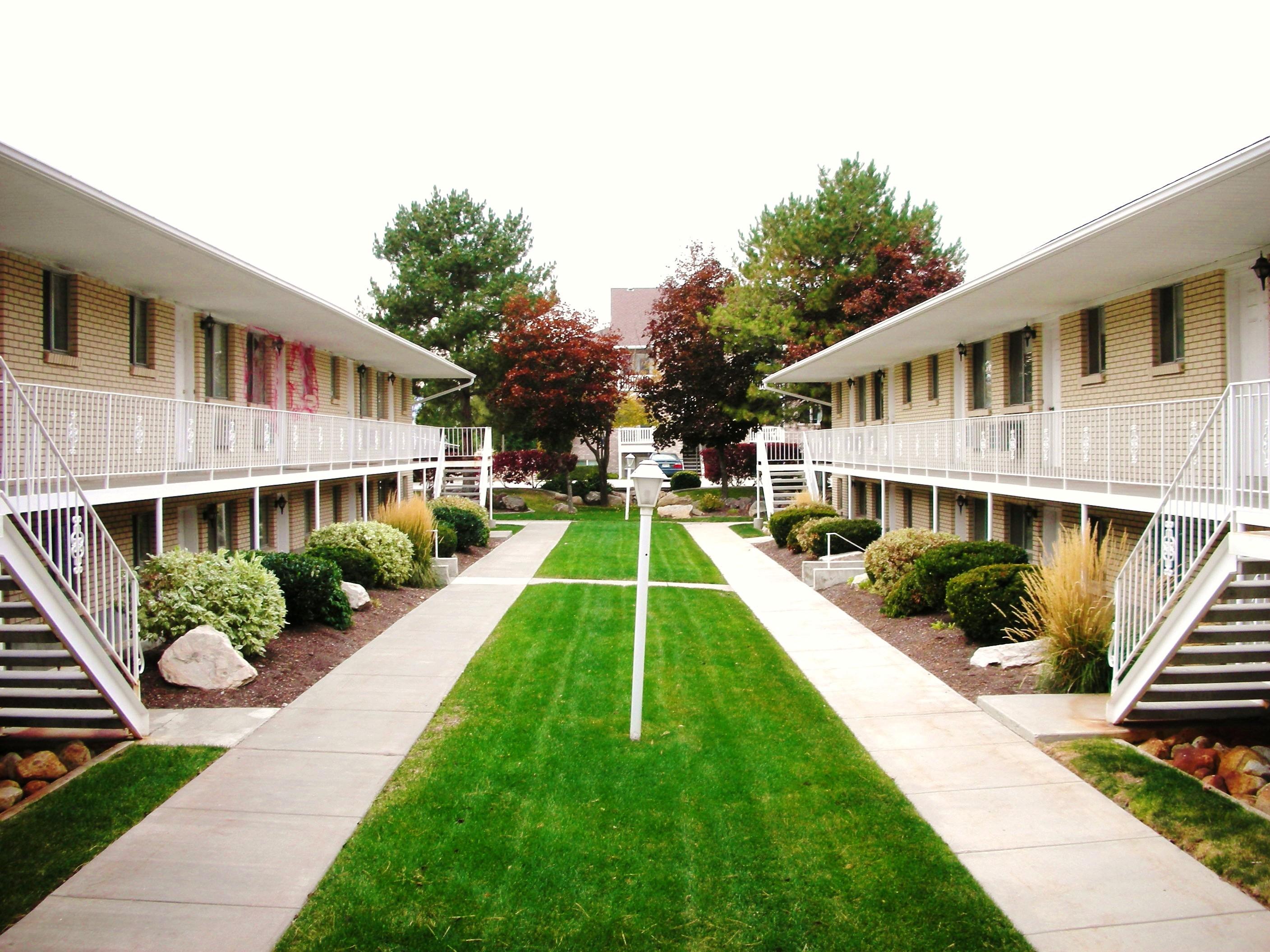
04 Sep Becoming a landlord in a 55+ community
Photo: morguefile.comQ. I live in a 55+ condo, and I’m about thinking of buying one or two units to rent out for extra money. My investments have done well, but I’m nervous about a big correction and it seems like a buyer’s market for real estate, at least in my development. What do I need to know?
— Investor-maybe
A. You’re talking about making a big change to your portfolio, and perhaps, to your lifestyle.
Let’s break it down.
You’re coming at this investment from a place of knowledge. We expect you have a good sense of the community, including the general appearance and overall maintenance of the community and the amenities that can attract renters and may help with resale values down the line. You also probably know a thing or two about the overall costs of ownership including property taxes, insurance, and homeowner’s association (HOA) fees.
But there are other issues to consider.
It is important to review and have a good understanding around the bylaws/all rules and restrictions that govern renting and other aspects of the community, said Charles Pawlik, a certified financial planner and chartered financial analyst with Beacon Trust in Morristown.
He said some associations will not allow you to rent units out until one or two years after the purchase, which can amount to a substantial increase in your expenses without additional income to offset those expenses for a significant period of time.
“If you don’t already, you’ll also want to ensure that you have detailed knowledge of the rules/restrictions around minors and other family members visiting the community, as this can be an important factor for potential renters that may want to have grandchildren or other family members and friends visit and/or stay with them for a period of time,” he said.
Furthermore, although retiring baby boomers may help to drive demand in 55+ communities over the next several years, it is important to consider the supply/demand dynamic and appreciation potential of 55+ homes in your community and in general, relative to investment properties with no age restrictions for occupancy.
Pawlik said as a current resident and certainly as a prospective buyer of additional units, you will also want to be sure that you have a good sense around any upcoming major projects or one-time “special assessments” that may be on the horizon.
“You can make sure you stay informed relative to this by attending homeowner’s association board meetings and reviewing board meeting minutes,” Pawlik said. “It is also important to look at the financial statements and budget for the homeowner’s association to review revenues and expenses, as well as the reserves that the association has on hand to cover the cost of any major projects/renovations that may be needed.”
This information will give you a good sense of how well managed the association is on an ongoing basis from a financial perspective, and if adequate reserves are kept on hand to cover major projects vs. potential significant one-time costs being assessed to owners to cover these types of events, he said.
Next, it’s critical to have a good understanding of what the overall costs of ownership would be across your properties and what the potential impact may be on your ability to meet your needs throughout retirement.
For example, Pawlik said, you’ll want to consider what would happen if you are not permitted to rent out the units you purchase for a certain period of time after purchase, and if you are not able to consistently rent out the units or have trouble selling the units down the line.
“Despite any concerns you may have about public equity markets in the short-term, it is important to maintain adequate liquid investable assets to meet your ongoing needs by investing in a well-diversified portfolio of liquid stock and bond investments both domestically and overseas, with a focus on the long-term,” Pawlik said.
Owning too much in the way of private real estate can amount to an overconcentration in an illiquid asset class when viewed as part of your overall portfolio/assets, he said.
And finally, make sure you’re ready to be a landlord.
Email your questions to Ask@NJMoneyHelp.com.
This post was originally published in September 2017.
NJMoneyHelp.com presents certain general financial planning principles and advice, but should never be viewed as a substitute for obtaining advice from a personal professional advisor who understands your unique individual circumstances.
